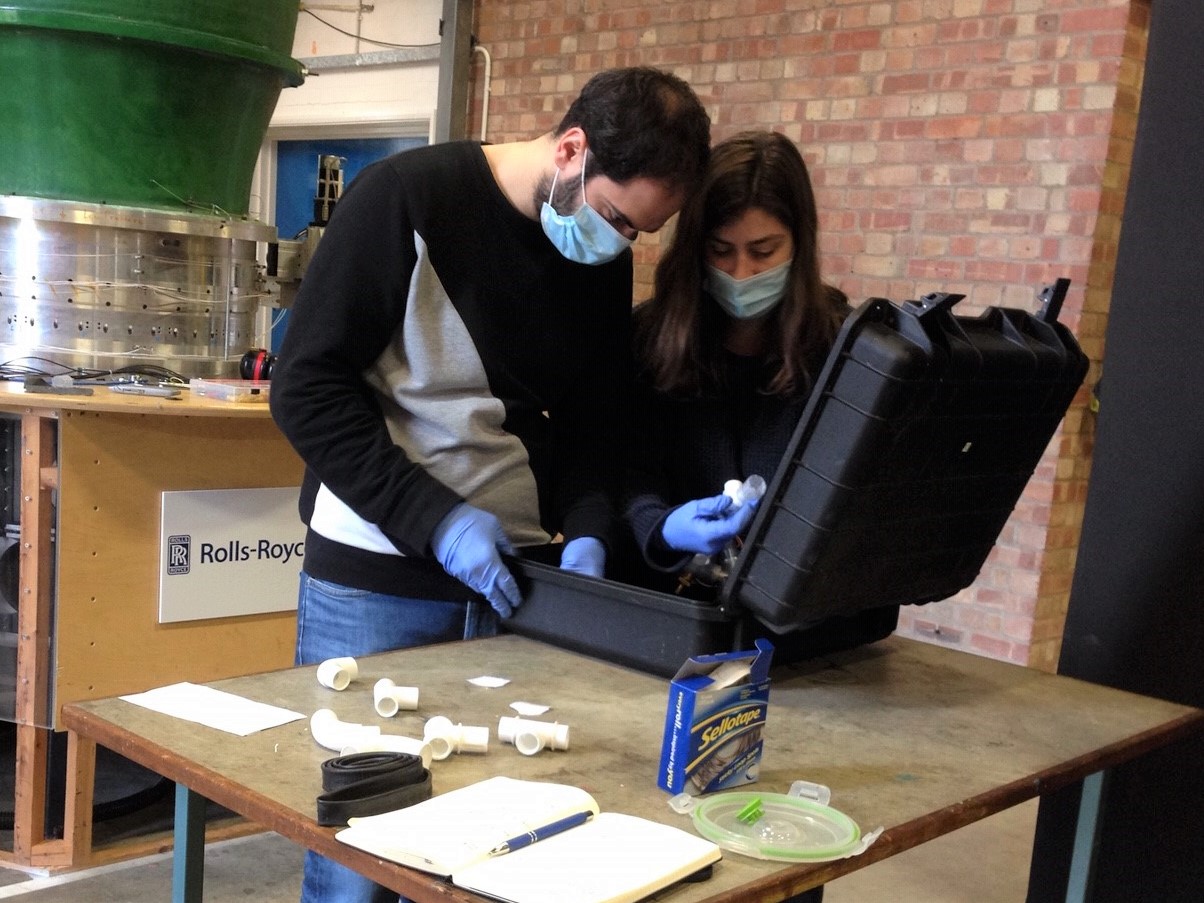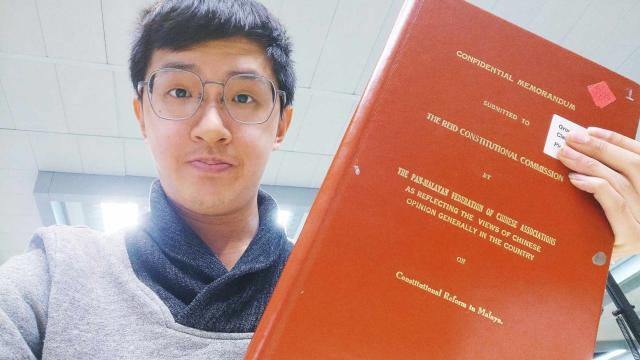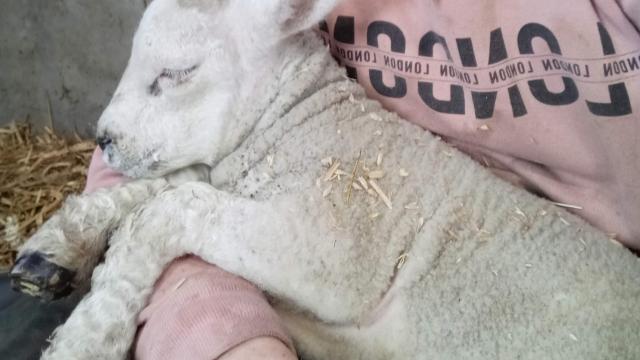
In response to the COVID-19 pandemic, two PhD students from St Catharine's have joined a team at the University of Cambridge that has designed an open-source ventilator in partnership with local clinicians, engineers and manufacturers across Africa to both address the specific needs for treating COVID-19 patients and provide a fully functioning system for use after the pandemic.
Built primarily for use in low- and middle-income countries, the OVSI ventilator can be cheaply and quickly manufactured from readily available components. Current ventilators are expensive and difficult to fix, but an open-source design will allow users to adapt and fix the ventilators according to their needs and, by using readily available components, the machines can be built quickly across Africa in large numbers. The cost per device is estimated to be around one-tenth of currently available commercial systems.
Lorena Gordillo Dagallier (2017, engineering) explained, "I was very keen to help with the current situation and started looking for projects in Cambridge I could contribute to. Joining the OVSI project for an intense product design weekend was a great experience. I am now part of the team working on making the design open-source to bring this ventilator to developing countries."
Cihat Cengiz (2017, engineering) added, "The global pandemic changed my day-to-day routine but it didn’t change a single bit of my aspiration to help and make an impact – if anything it spurred me on. Joining the OVSI project to develop the product design of the ventilator alongside world class engineers during an an intense sprint prototyping weekend was a phenomenal experience. The design is now being produced to help fight the global pandemic around the globe and I still support the OVSI project in its effort to make and keep the ventilator open source.”

About the OVSI project
The first ventilators will be delivered in May by a team of South Africa-based companies led by Defy, a leading southern African manufacturer of domestic appliances, and Denel, a major state-owned company.
Recent tentative estimates published by the WHO have suggested that there could be as many as 10 million cases of COVID-19 in Africa within three to six months, resulting in anywhere between 300,000 and 3.3 million deaths. There are 10 countries in Africa that do not have any ventilators at all and according to the WHO, it is estimated that there are fewer than 2,000 working ventilators across 41 countries in Africa.
“Fulfilling the unique requirements of local clinicians was key to this project,” said Professor Axel Zeitler from the Department of Chemical Engineering and Biotechnology, and OVSI team lead. “Clinicians told us the ventilator needed to cover the wide spectrum of patient ventilation requirements, and therefore work in three modes – non-invasive, mandatory or patient-triggered ventilation. We also know that oxygen availability varies within countries, hospitals and wards. The system must use the smallest amount of oxygen possible, but include the potential to add an oxygen concentrator.”
The Open Ventilator System Initiative is a consortium of academics, engineers, intensive care medics, innovators and industry partners across the UK and Africa. Formed in March this year, the initiative has grown quickly from an initial idea at the University of Cambridge to a team of 60 individuals contributing remotely.
The team is being advised by a panel of clinical experts including physicians in Uganda, Kenya, the DRC, South Africa and the UK. The clinical partnerships were established with the support of the Cambridge-Africa programme and Cambridge Global Health Partnerships. The ventilator was designed and built by a team based at the University of Cambridge’s Whittle Laboratory.
“Critical to this project has been the speed of technology development,” said Professor Robert Miller, Director of the Whittle Laboratory. “In recent years, the primary focus of the Whittle Laboratory has been to accelerate the process of technology development. By merging the digital and physical systems integral to the technology development process and by using Formula One-style teams, we’ve cut the amount of time this takes by a factor of 10 to 100. This capability has been key to delivering the OVSI ventilator.”
The prototype is currently being developed further into a version that can be easily mass-produced by Prodrive Ltd, a British motorsport and advanced engineering group based in Banbury, Oxfordshire. It has been thoroughly tested at the National Physical Laboratory in Teddington and passed the MHRA test specifications with flying colours. The OVSI team is currently working on securing regulatory approval for the device.
The first manufacture will be led by Defy Ltd and Denel Ltd in South Africa. Evren Albas, CEO of Defy Appliances in South Africa said, “Defy’s flexible manufacturing capabilities in Africa, together with the design and development expertise of the consortium with whom we are partnering, will allow us to fast-track ventilator production and distribution. Teams are working around the clock to start production by May.”
“While the immediate need is to save lives in the context of the COVID-19 pandemic, we wanted something that will be useful to healthcare workers around the world going forward,” said Dr Lara Allen, CEO of the Centre for Global Equality and a founding member of the OVSI team. “It’s often the case that those living on less than $4 per day are excluded from the innovation process. As a result, many well-meaning innovations are not what is needed or wanted by the intended beneficiaries and end up not being used. This is disappointing for designers, a waste of humanitarian resources, and low-resource communities continue to go without the support they desperately need. This is why taking an inclusive innovation approach is vital for sustainable impact.”
Present efforts to adapt the design for low- and middle-income countries include collaboration with the long-term inclusive innovation partners at the Bahir Dar Institute of Technology, at Bahir Dar University in Ethiopia, and the Science & Technology Park at the University of Nairobi in Kenya.
OVSI will work with partner countries in Africa and elsewhere to enable local manufacturing and maintenance of the ventilator, and to design, prototype and gain regulatory approval for system upgrades.




